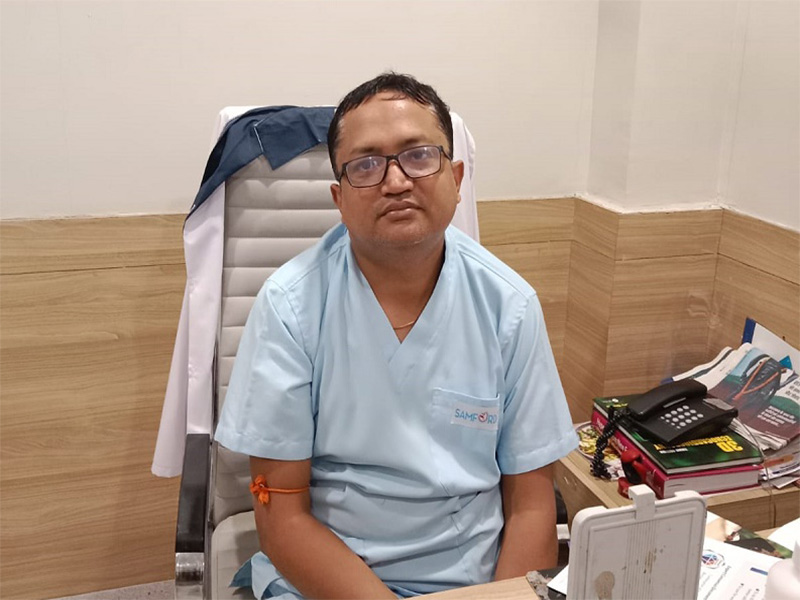- Heart care
- Neelam Ploy Clinic
Heart Disease Screening & Prevention
Heart Disease Screening & Prevention Heart artery blockages develop silently and are often advanced by the time they are symptomatic. Early detection is key to preventing heart attacks or even sudden cardiac death. Cardiac screening is recommended if you have one or more of the following:
Coronary Angiogram (Invasive) The coronary angiogram or cardiac catheterisation is diagnostic procedure used to plan treatment for certain cardiovascular conditions. During the procedure, a long thin tube called a catheter is inserted into an artery or vein in the groin or arm.

Did you know chronic diseases such as hypertension, diabetes, obesity, and high cholesterol, are all risk factors for heart disease & stroke?
Dr. Ashish Ranjan
Coronary Angiogram (Invasive),The coronary angiogram or cardiac catheterisation is diagnostic procedure used to plan treatment...
Dr. Ashish Ranjan